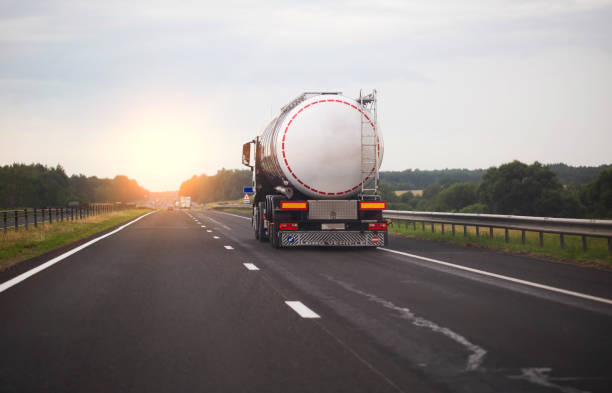Addressing Insurance Challenges in Propane Hauling

The propane industry is booming, with global market estimates at $87.58 billion in 2022 and an expected 5.2% growth rate by 2030. However, this growth brings increased insurance challenges for propane business owners due to the inherent risks in transporting hazardous materials.
Understanding the Risks
The Federal Motor Carrier Safety Administration (FMCSA) reports over 5,000 annual truck accidents involving hazardous materials. Propane, as a flammable, toxic gas, can lead to dire outcomes in accidents, including severe headaches, burns, and respiratory issues or, in worst case scenarios, even death.
Accidents often result from driver fatigue, adverse weather, and vehicle maintenance problems. But with a focus on risk management and safety protocols, these risks can be minimized.
The Cost of Accidents
Propane hauling accidents can lead to substantial financial and legal burdens. These incidents often result in large lawsuits, with lawyers seeking economic and non-economic damages. For instance, a Michigan couple was awarded $2.3 million for injuries in a propane tanker crash.
Consider an incident where nearly 300 propane tanks exploded after an accident. While no injuries occurred, the costs of the lost haul, truck damage, and cleanup were substantial.
Choosing the Right Insurance
Selecting suitable insurance coverage is essential for propane business owners. In addition to general liability and health insurance for third-party claims and injuries, consider specialized coverage such as:
Automobile Liability: Protects against property damage or injury caused by commercial vehicles, shielding your business from claims, fines, and penalties.
Physical Damage Coverage: Covers repair or replacement costs for vehicle damage in collisions, fires, theft, or vandalism; crucial for trucks carrying specialized equipment.
Pollution Liability: Assists in cleanup costs and injury claims resulting from accidental fuel discharge, especially vital due to propane’s unique characteristics.
Erroneous Delivery Coverage: Provides protection in cases of incorrect fuel delivery.
Securing Comprehensive Coverage
Given the multifaceted risks in propane hauling, partnering with reputable excess and surplus lines insurance carriers is wise. These specialists tailor coverage to your specific needs.
Opt for comprehensive insurance plans with limits up to $10 million and the option for higher limits through reinsurance partners. Look for carriers that emphasize a partnership approach, providing direct access to underwriting, risk management, and claims services.
While the propane hauling industry offers significant growth potential, insurance challenges are prevalent. To thrive, propane business owners must address these challenges by selecting the right insurance policies and collaborating with experienced carriers. This proactive approach safeguards assets, ensures safety, and paves the path to long-term success.













